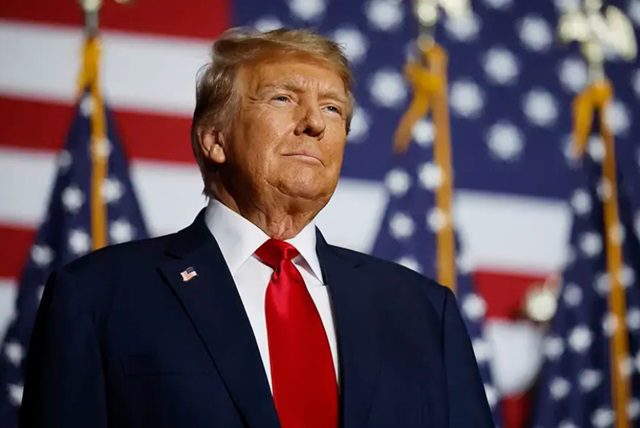BTN News: The recent Supreme Court decision that grants former President Donald Trump some presidential immunity is key to his legal defense. The 6-3 ruling, written by Chief Justice John Roberts, is seen as a big win by Trump’s lawyers. They believe it will help in his federal and state criminal cases. The decision says Trump has full immunity for his main presidential duties but not for his personal actions. This article explains how Trump’s lawyers plan to use this ruling to challenge the evidence in his four criminal cases.
Supreme Court Ruling: Important for Trump’s Defense Strategy
The Supreme Court decision separates the president’s official actions from personal actions. The court said that evidence about official acts cannot be used in prosecutions, even if the case is about personal actions. Trump’s lawyers think this is important for weakening the charges against him that remain within the court’s limits on immunity.
Impact on the Mar-a-Lago Case Involving Classified Documents
The Supreme Court ruling could greatly affect the case about classified documents at Mar-a-Lago. Trump faces over 30 felony charges in Florida, including keeping national defense information and obstruction. His lawyers will argue that the court must exclude evidence about his time in office and how the classified documents got to his properties. They claim these are official acts protected by the Supreme Court ruling.
Expert Opinion: Creative Strategy but with Some Problems
Jessica Levinson, a Constitutional Law professor at Loyola Law School, calls Trump’s legal strategy “super creative” but sees issues. Levinson says the Supreme Court ruling does not cover everything done while in office as an official act. She believes that taking classified documents from the Oval Office is not part of presidential duties. This will be tested when Federal Judge Aileen Cannon hears arguments about dismissing the case due to presidential immunity.
Challenges in New York Case About Hush Money Payments
Trump’s legal team will use the Supreme Court ruling to challenge his conviction in New York. He faces 34 felony charges related to hush money payments to Stormy Daniels. On July 11, Judge Juan Merchan delayed Trump’s sentencing to September. This gives Trump’s lawyers time to show how the ruling affects this case. They want to exclude certain evidence used during the trial, such as testimony from former White House aide Hope Hicks and Trump’s tweets while in office. They argue these are official acts.
Implications for Federal Case on Election Subversion
The Supreme Court ruling might affect the federal case about Trump’s alleged attempts to overturn the 2020 election. Trump’s lawyers hope the decision will lead to the dismissal of the entire case. District Judge Tanya Chutkan will have to decide which parts of Special Counsel Jack Smith’s charges are excluded by the Supreme Court’s guidelines. The ruling might remove charges related to Trump’s pressure on Justice Department officials to help overturn the election results. This could delay the trial until after the 2024 election.
Potential Effects on Georgia’s Case on Election Subversion
The Supreme Court’s decision could impact state-level charges Trump faces in Georgia about election subversion. The case is on hold waiting for an appeal. Trump’s lead attorney in Georgia, Steve Sadow, has argued for the charges to be dismissed based on presidential immunity. If the case goes ahead, Fulton County Judge Scott McAfee will need to apply the Supreme Court’s guidelines on immunity. This could change the direction of the case.
Conclusion
The recent Supreme Court ruling on presidential immunity is changing the legal situation for Donald Trump’s criminal cases. While the decision offers new defenses, its use will be tested in several courts. The outcomes of these cases will have big impacts, not just for Trump but for the understanding of presidential immunity in the U.S.


